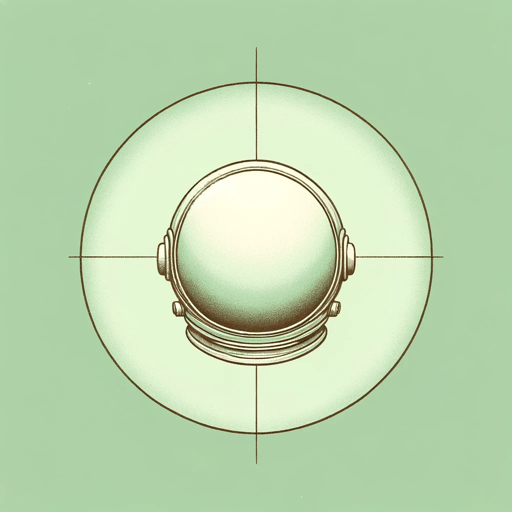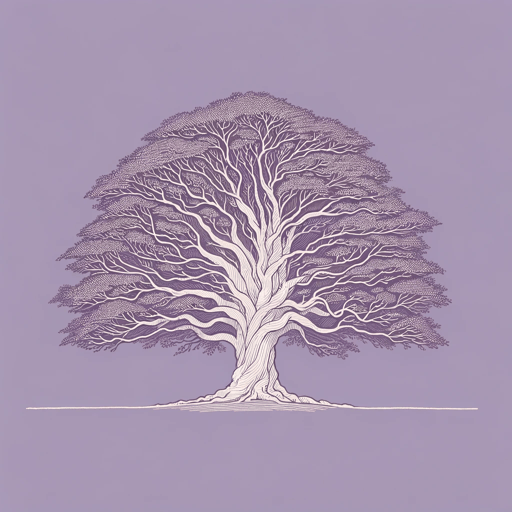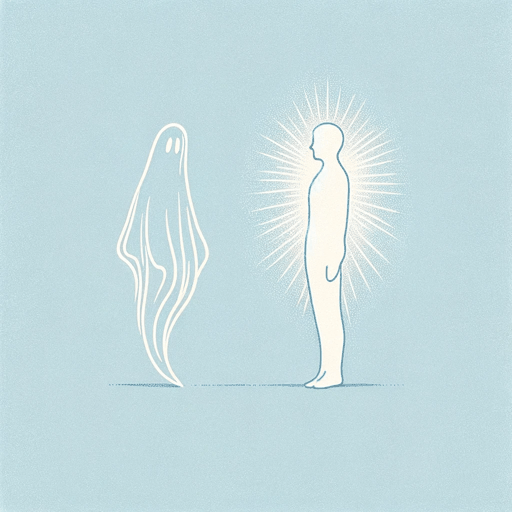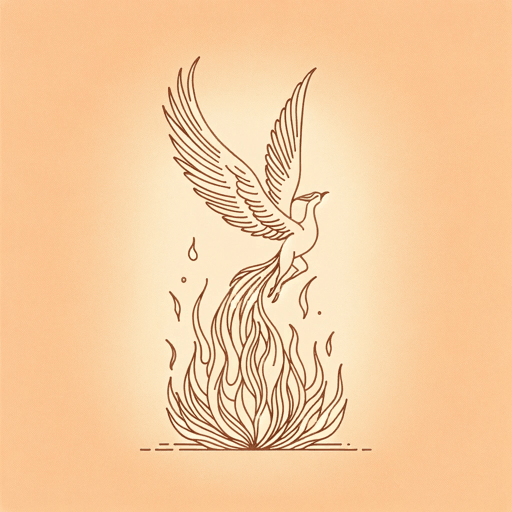31 pages • 1 hour read
C. S. LewisThe Four Loves
Nonfiction | Book | Adult | Published in 1960A modern alternative to SparkNotes and CliffsNotes, SuperSummary offers high-quality Study Guides with detailed chapter summaries and analysis of major themes, characters, and more.
Chapter 3Chapter Summaries & Analyses
Chapter 3 Summary: "Friendship"
Lewis maintains that “[v]ery few modern people think Friendship a love at all” (57). Whereas “[t]o the Ancients, Friendship seemed the happiest and most fully human of all loves; the crown of life and the school of virtue. The modern world, in comparison, ignores it” (57). Lewis essentially poses the question: why is friendship today treated as a trivial matter when it was so important to Aristotle?
Lewis states that it is because so few experience Friendship. It is possible to go through life without experiencing Friendship because Friendship is “the least natural of loves.” (58). It does not have biological or genetic necessity. There is nothing erotic in it: “The species, biologically considered, has no need of it” (58). Therefore, there is nothing innate that drives a person to seek it out.
But it is this “non-natural” (58) quality that caused the ancient and medieval scholars to exalt Friendship. That it must be actively sought out—and that people do so—can be taken as proof of its value.
Friendship began to wane with Romanticism, Sentimentality, and the rise of primitivism. For those who believe that humans are mere advanced animals, Friendship is seen as superfluous because it does not have a precedent in the animal kingdom.
Related Titles
By C. S. Lewis

A Grief Observed
C. S. Lewis

Mere Christianity
C. S. Lewis

Out of the Silent Planet
C. S. Lewis

Perelandra
C. S. Lewis

Prince Caspian
C. S. Lewis

Surprised by Joy
C. S. Lewis

That Hideous Strength
C. S. Lewis

The Abolition of Man
C. S. Lewis

The Discarded Image
C. S. Lewis

The Great Divorce
C. S. Lewis

The Horse And His Boy
C. S. Lewis

The Last Battle
C. S. Lewis

The Lion, the Witch and the Wardrobe
C. S. Lewis

The Magician's Nephew
C. S. Lewis

The Problem of Pain
C. S. Lewis

The Screwtape Letters
C. S. Lewis

The Silver Chair
C. S. Lewis

The Voyage of the Dawn Treader
C. S. Lewis

Till We Have Faces
C. S. Lewis

